Teenage ballerina's suicide blamed on 'toxic digital world'
Tallulah Wilson, 15, was obsessed with blogs where young people share images of self-inflicted injuries
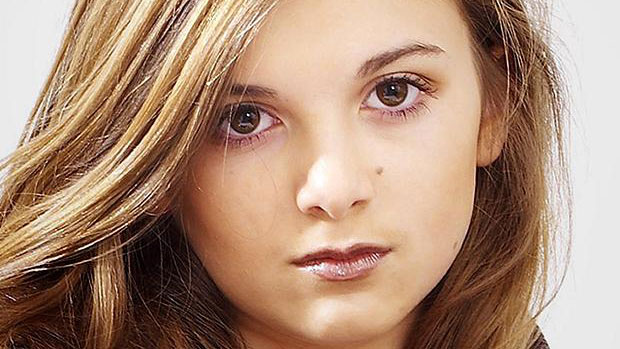
A free daily email with the biggest news stories of the day – and the best features from TheWeek.com
You are now subscribed
Your newsletter sign-up was successful
THE MOTHER of a teenager who threw herself under a train at St Pancras Station has condemned the "toxic digital world" that contributed to her death.
Tallulah Wilson, 15, a "talented young dancer" head-hunted by the Royal Ballet School, killed herself after becoming obsessed with blogs promoting self-harm. Her mother Sarah urged companies to withdraw advertising from sites that "continue to host inappropriate self-harming and suicide-promoting blogs" to "stop this poison spreading".
A jury at St Pancras Coroner's Court yesterday delivered a narrative verdict in her inquest, concluding that Tallulah took her own life on 14 October 2012. It also found that the micro-blogging site Tumblr was both a comfort to her and the source of inappropriate images of self-harm.
The Week
Escape your echo chamber. Get the facts behind the news, plus analysis from multiple perspectives.

Sign up for The Week's Free Newsletters
From our morning news briefing to a weekly Good News Newsletter, get the best of The Week delivered directly to your inbox.
From our morning news briefing to a weekly Good News Newsletter, get the best of The Week delivered directly to your inbox.
The Times says Tallulah, who was diagnosed with severe clinical depression, sank beyond help into an online world where youngsters encourage each other to share explicit images of their own self-inflicted injuries.
Her mother said she had been unable to prevent her daughter from becoming increasingly withdrawn at home and at school, as she developed a fantasy cocaine-taking persona online.
"Her sisters and I did everything we could to keep her safe, but she had fallen into a world of nightmares. She was in the clutches of a toxic digital world where in the final few weeks we could no longer reach her," she said.
"I was shocked by the ease with which Tallulah and other children can access online self-harm and suicide blogs. Tallulah entered a world where the lines between fantasy and reality became blurred. It is every parent's worst nightmare."
A free daily email with the biggest news stories of the day – and the best features from TheWeek.com
The NHS trust that cared for Tallulah called for "national leadership" and more investigation of the links between young people's online lives and mental health.
Tumblr said that issues of depression and self-harm are "extremely challenging, particularly in online environments that encourage self-expression". It added that it has policies to address "the most harmful of this content, and we have systems in place to direct users to appropriate resources for getting whatever help they may need".
-
 How the FCC’s ‘equal time’ rule works
How the FCC’s ‘equal time’ rule worksIn the Spotlight The law is at the heart of the Colbert-CBS conflict
-
 What is the endgame in the DHS shutdown?
What is the endgame in the DHS shutdown?Today’s Big Question Democrats want to rein in ICE’s immigration crackdown
-
 ‘Poor time management isn’t just an inconvenience’
‘Poor time management isn’t just an inconvenience’Instant Opinion Opinion, comment and editorials of the day
-
 ‘Longevity fixation syndrome’: the allure of eternal youth
‘Longevity fixation syndrome’: the allure of eternal youthIn The Spotlight Obsession with beating biological clock identified as damaging new addiction
-
 RFK Jr. sets his sights on linking antidepressants to mass violence
RFK Jr. sets his sights on linking antidepressants to mass violenceThe Explainer The health secretary’s crusade to Make America Healthy Again has vital mental health medications on the agenda
-
 The app tackling porn addiction
The app tackling porn addictionUnder the Radar Blending behavioural science with cutting-edge technology, Quittr is part of a growing abstinence movement among men focused on self-improvement
-
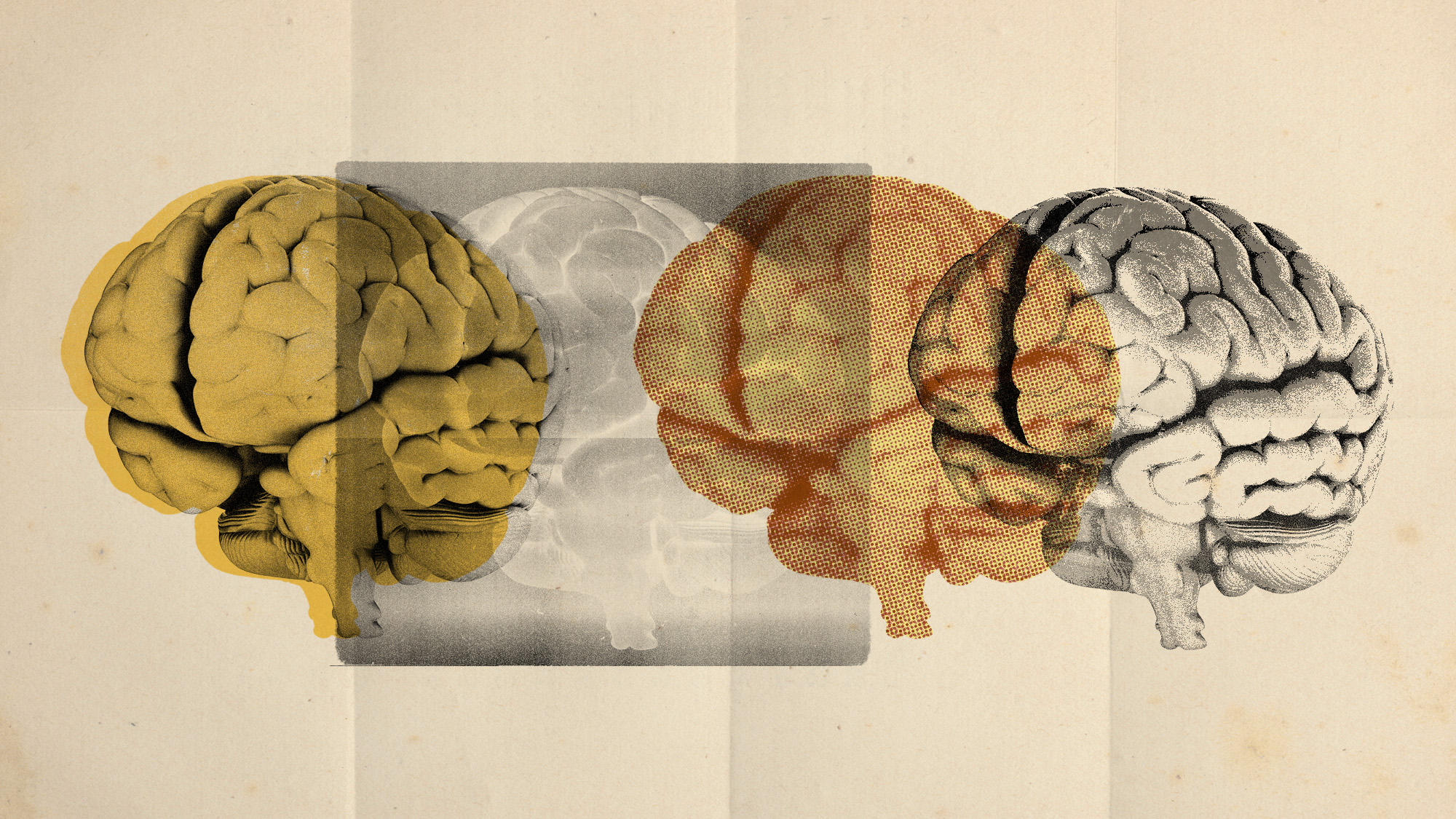 Scientists have identified 4 distinct autism subtypes
Scientists have identified 4 distinct autism subtypesUnder the radar They could lead to more accurate diagnosis and care
-
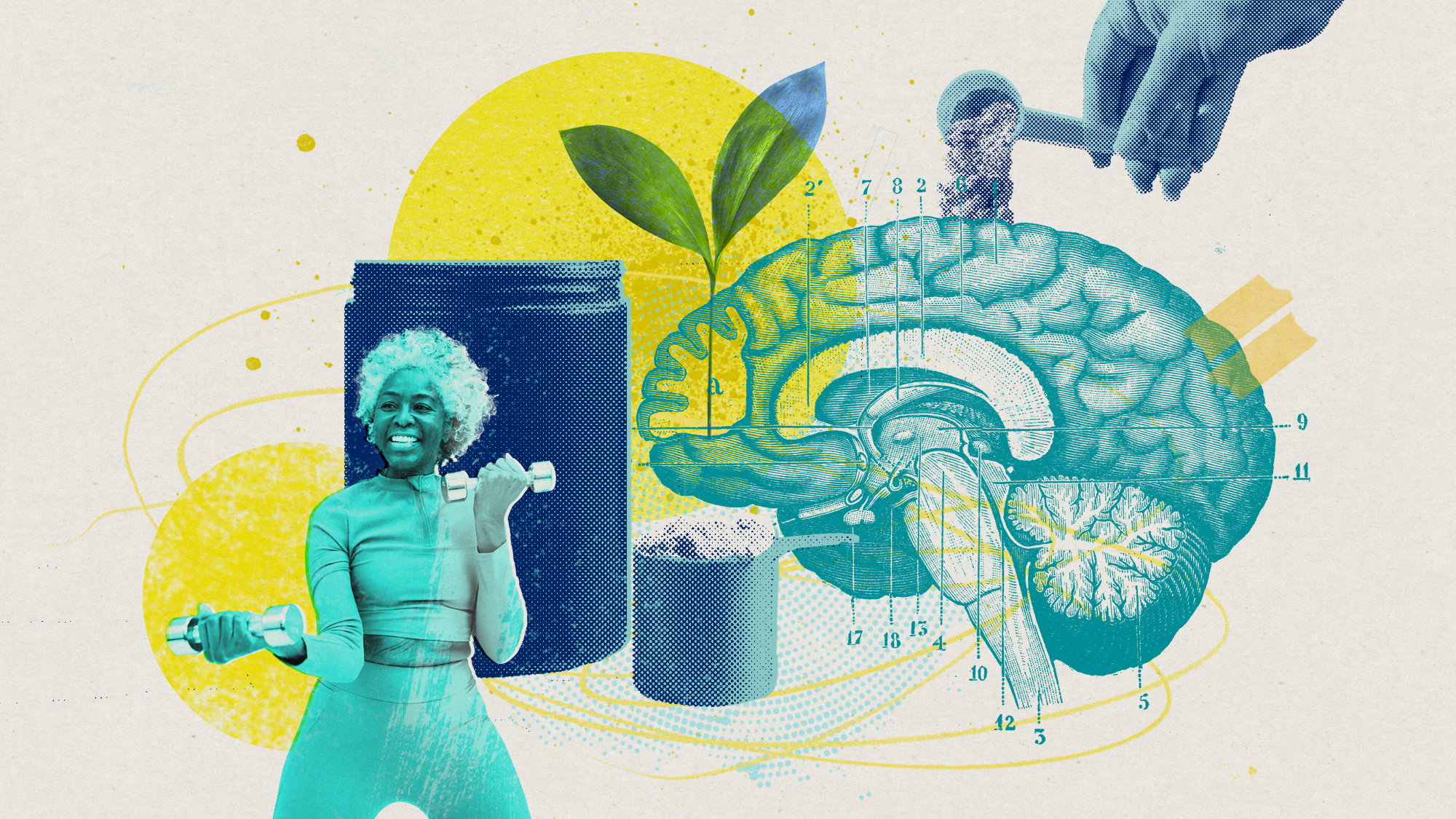 'Wonder drug': the potential health benefits of creatine
'Wonder drug': the potential health benefits of creatineThe Explainer Popular fitness supplement shows promise in easing symptoms of everything from depression to menopause and could even help prevent Alzheimer's
-
 Fly like a breeze with these 5 tips to help cope with air travel anxiety
Fly like a breeze with these 5 tips to help cope with air travel anxietyThe Week Recommends You can soothe your nervousness about flying before boarding the plane
-
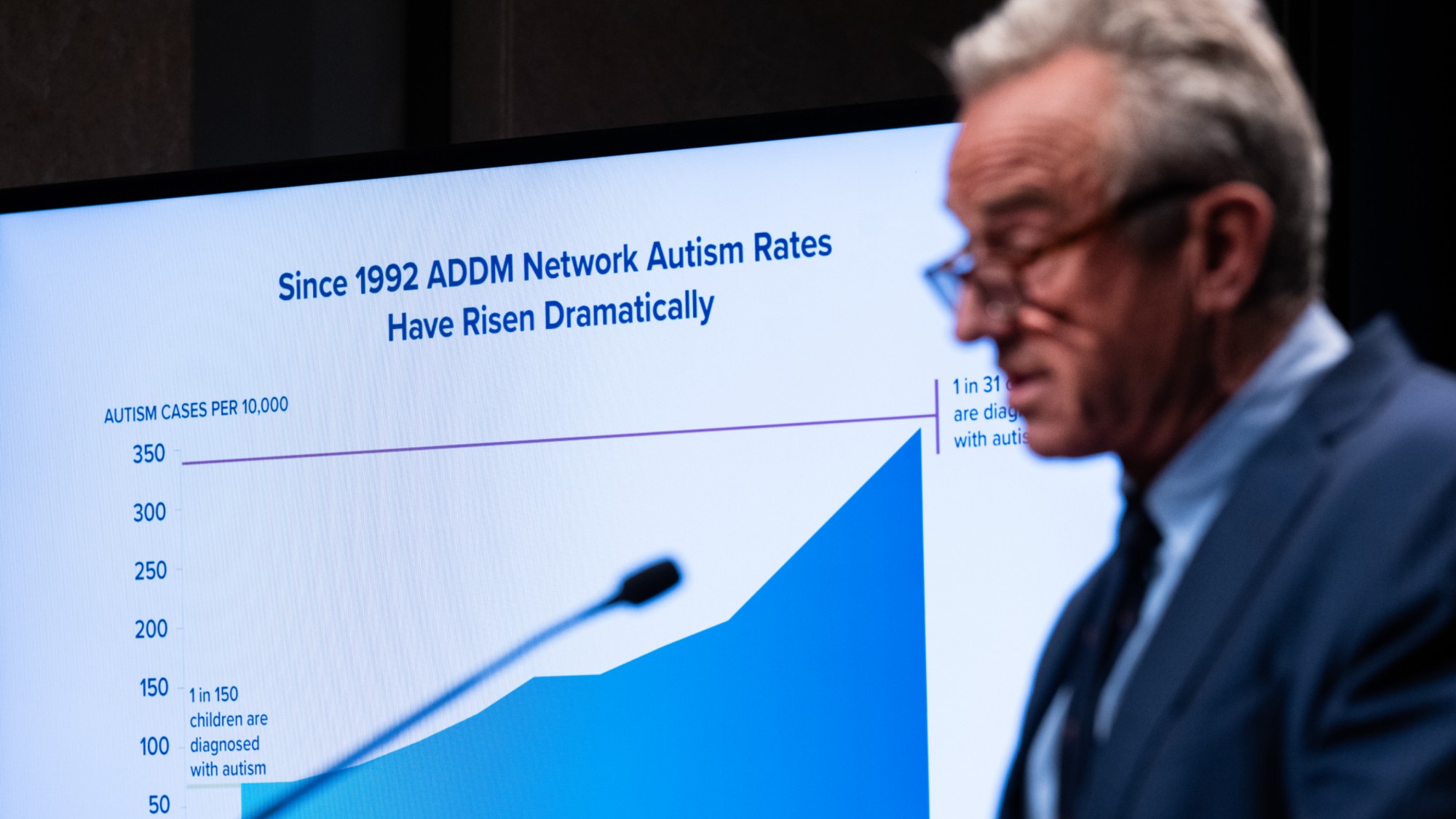 RFK Jr.'s focus on autism draws the ire of researchers
RFK Jr.'s focus on autism draws the ire of researchersIn the Spotlight Many of Kennedy's assertions have been condemned by experts and advocates
-
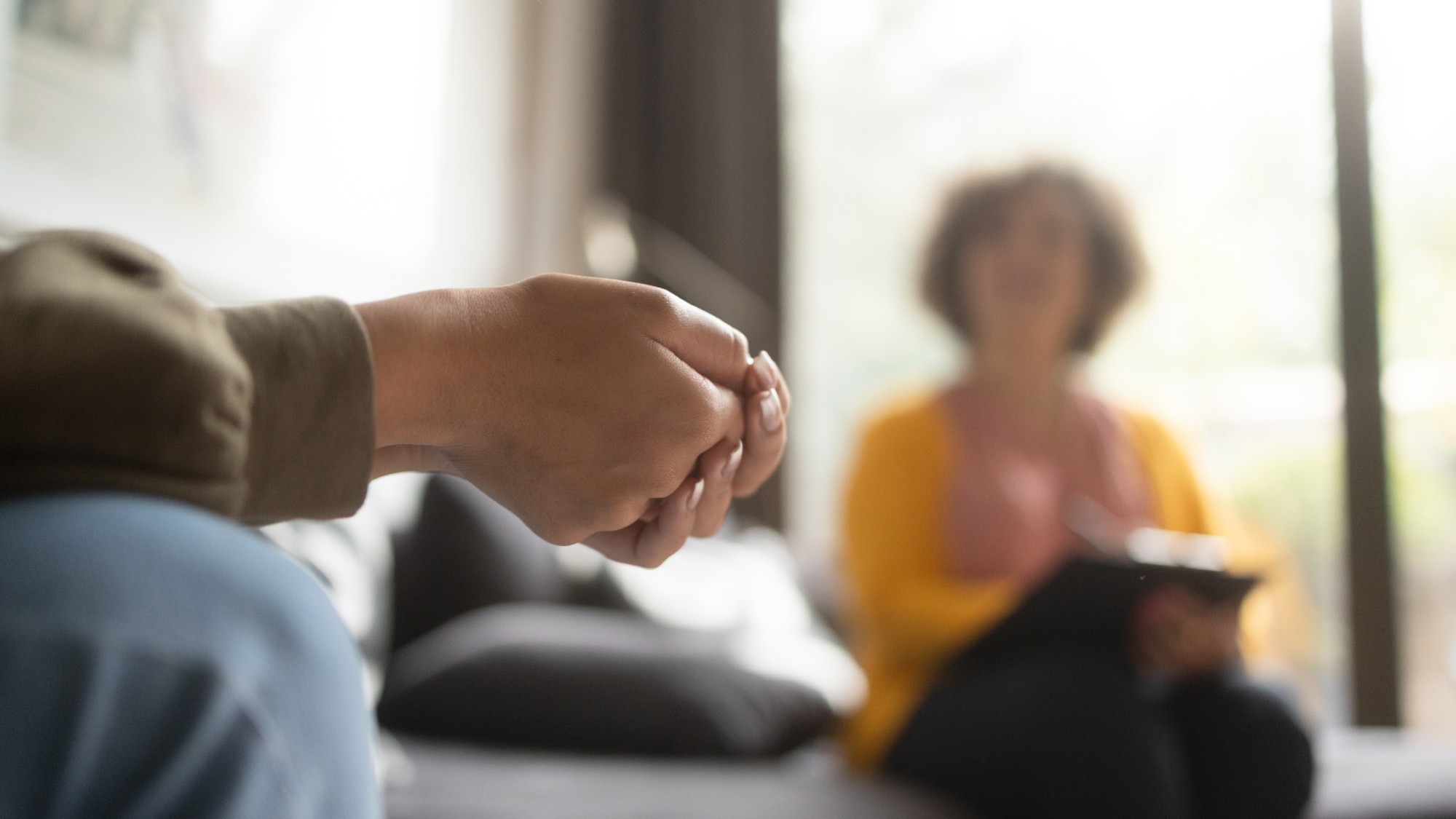 Mental health: a case of overdiagnosis?
Mental health: a case of overdiagnosis?Talking Point Issues at 'the milder end of the spectrum' may be getting wrongly pathologised